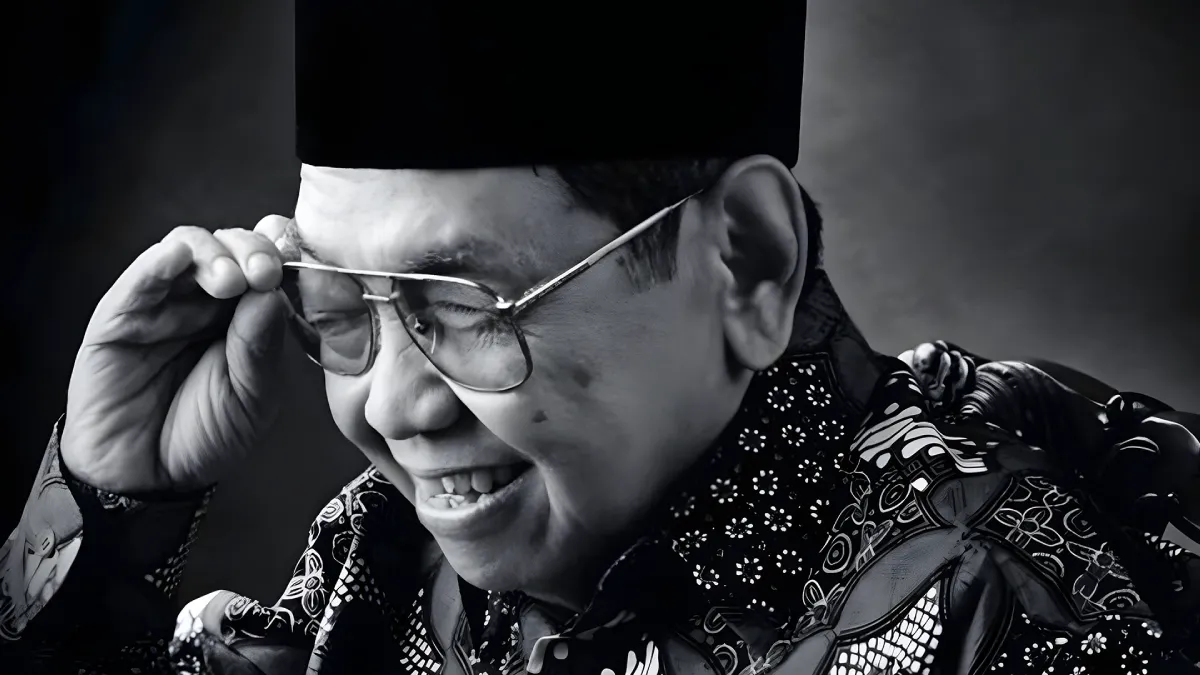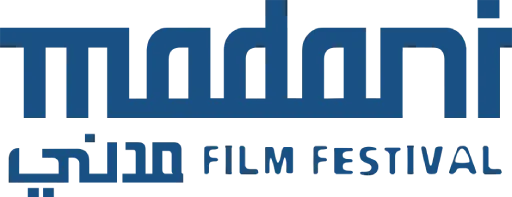On July 19, 1982, KH Abdurrahman Wahid—widely known as Gus Dur—delivered a lecture at the Jakarta Arts Council (DKJ) Film Committee during his tenure as Chair of DKJ (1982–1985). His paper, titled “The Possibilities of Film as a Medium for Da’wah in Indonesia,” explored the potential role of cinema in conveying religious and social values.
In his talk, Gus Dur did not shy away from critique. He openly discussed films such as Atheis and Tauhid—voicing his criticisms directly in front of their directors. The session was followed by a lively discussion with noted figures including Rosihan Anwar, Syumanjaya, Syuba’ Asa, and others, reflecting the intellectual rigor and openness of the era’s cultural debates.
The paper has since been republished on gusdur.net under the title “Da’wah Films Require Diversity of Expression and Freedom of Form.” It remains a valuable reflection on how film can bridge faith, creativity, and freedom of thought within Indonesian society.
Audio source: Arsip Dewan Kesenian Jakarta

A profound challenge emerges for Indonesian filmmakers: can they transform dialogues—meant to unfold with depth and substance—into cinematic expressions that avoid dryness and tedium, while still preserving their intellectual and emotional richness?

It is evident from the depiction of the state of Indonesia’s da’wah films that our filmmakers continue to grapple with two central challenges: the rigidity of religious formalism and the tendency to present truth from a singular, one-sided perspective.

Isn’t the very phenomenon, so vividly present across nearly every sector of life, in fact a powerful source of material for our cinema to create da’wah-themed films—works capable of speaking with complexity and, therefore, with conviction?

Future Islamic-themed films will only become truly valuable works if they dare to move beyond merely formalistic methods of conveying messages. They must also free themselves from presenting issues in a one-sided or overly reductive manner.

The freedom to explore diverse narrative forms and approaches is an absolute necessity if we are truly committed to envisioning the future of film as a genuine medium for Islamic da’wah.

Film is inherently educational. Art, too, carries the power to educate—liberating individuals and guiding them toward something greater. Its purpose is not merely to mirror reality, but to inspire transformation. When art stops at simply depicting what already exists, it ceases to fulfill its creative function. At that point, it no longer pushes boundaries nor opens pathways for growth; it merely reflects, without offering vision.
